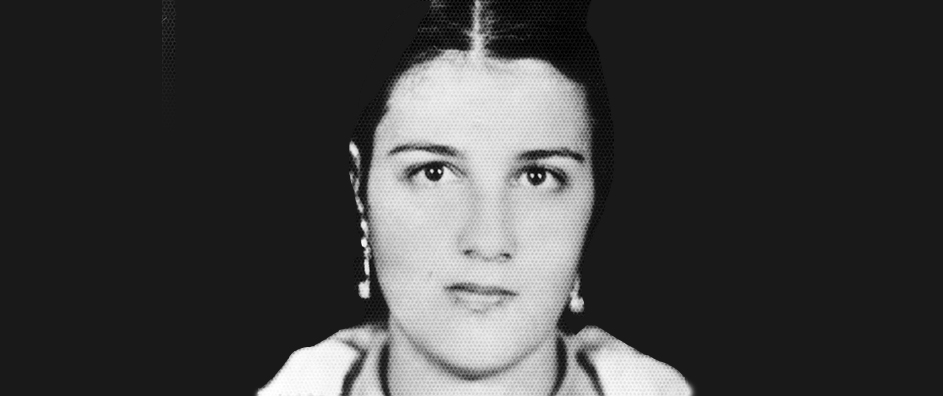Exploring the profound teachings of the Bahá’í Faith often leads seekers to the life stories of remarkable individuals who embodied these principles. One such luminary is Simin Sabiri, whose life and eventual death serve as an illuminating testament to a unique confluence of attributes—lovability, cheerfulness, and fearlessness. But what do these qualities mean in the broader context of Bahá’í teachings, and how can they provoke introspection in our own lives? This article delves into the essence of these characteristics as epitomized by Simin Sabiri, advocating for a reflective approach to each attribute.
Understanding Lovability in Bahá’í Teachings
In the Bahá’í Faith, lovability is not a mere trait but a foundational principle. It calls upon individuals to cultivate a disposition rooted in love for oneself and others. This form of love transcends mere affection—it encourages resilience and fosters community. Simin Sabiri’s life exemplified this quality; her interactions radiated warmth and acceptance, compelling those around her to respond with equal compassion. By examining how Sabiri navigated her relationships, one can identify lessons on extending this type of love even in challenging circumstances. Are we making intentional efforts to be lovable in our connections with others?
Simin’s ability to embrace lovability can be seen in her unwavering commitment to the Bahá’í principle of unity. In a world rife with division, her enthusiasm for inclusion and understanding proved to be pivotal. This challenge is twofold: it requires us to embody an expansive love that envelops all of humanity while simultaneously confronting our own biases. Encouraging individuals to reflect on their own relationships can foster growth not only personally but also socially. This love-based approach can serve as the bedrock for peace and harmony within communities.
The Role of Cheerfulness as a Spiritual Asset
Cheerfulness, another essential quality that characterized Simin Sabiri, cannot be trivialized. In Bahá’í literature, joy is perceived as a spiritual state that reflects divine attributes. Simin’s life journey vividly illustrates how cheerfulness can transform adversity into opportunity. Her joyous disposition acted as a catalyst for encouraging others to rise above their tribulations. The playful question here is: can we maintain our cheerfulness amid the myriad challenges that life presents? This query forms a crux of personal development within the Bahá’í teachings.
Embracing cheerfulness beckons us to adopt a proactive approach to our emotional landscapes. Rather than merely reacting to circumstances, it inspires individuals to cultivate an internal reservoir of positivity. This highlights the dual responsibility of nurturing one’s spirit while radiating optimism outwardly. Followers are encouraged to heed Sabiri’s example—how can cheerfulness become a daily practice? Perhaps, through integrating gratitude rituals, fostering relationships that uplift, and continuously seeking out life’s joys, we can begin to embody a state of cheerfulness akin to that exemplified by Simin Sabiri.
Fearlessness in the Face of Adversity
The final element in this trinity of qualities is fearlessness. Fearlessness, as demonstrated by Simin’s life, encompasses the courage to face both spiritual and physical trials. Within the Bahá’í context, it is the audacity to uphold truth, justice, and love against the backdrop of societal challenges. Simin fearlessly advocated for the Bahá’í principles and remained steadfast in her beliefs despite potential repercussions, which speaks volumes about her character. This raises another compelling question: how do we cultivate fearlessness when confronted with opposition or uncertainty?
To foster this quality within ourselves, the teachings of Bahá’u’lláh encourage embracing divine guidance through prayer and community support. The practice of reflection on Simin’s life can inspire individuals to confront their fears. This entails not only acknowledging their existence but engaging with them head-on. In a world fraught with challenges, instigating a culture of fearlessness can revolutionize how individuals face personal and communal obstacles. Hence, the pursuit of fearlessness is not simply an individual endeavor; it is a collective responsibility to inspire courage in others.
For Reflective Growth
In reflecting on the life of Simin Sabiri, one is invited to consider how the attributes of lovability, cheerfulness, and fearlessness can be interwoven into the tapestry of daily existence. Each quality poses intrinsic challenges that compel individuals to engage in self-analysis and growth. Are we extending love authentically to those around us? Do we actively foster cheerfulness in our own lives and the lives of others? And finally, do we confront our fears with the audacity exemplified by Simin?
In integrating these teachings, it becomes clear that Simin Sabiri was not merely a figure of the past but a beacon of inspiration for the present and future. By striving to embody these attributes in our own lives, we not only honor her legacy but contribute to a broader movement that aligns with the core principles of the Bahá’í Faith. The challenge remains: how can we, as individuals and as a community, embody these qualities to illuminate the world around us and foster a more loving, cheerful, and fearless society?
